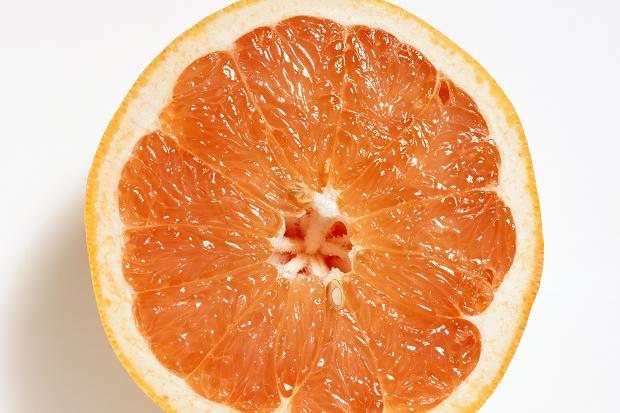
Certified organic? (Photo credit: Fotolia)
“There aren’t any regulations to stop companies from labeling a product that contains dozens of synthetic ingredients with misleading words like “nature” and “health.” But, there is one exception to this rule: A label reading “certified organic” can’t claim this status if it hasn’t been properly certified. Here’s what you need to know about certified organic food.” (holykaw.alltop.com)
Hat tip to Guy Kawasaki for sharing this article forward on Twitter. Much helpful information to aid you in deciphering the increasingly tangled web around organic food production and retail. As for the question of reliability and enforcement, this article doesn’t offer too much assurance that we can 100% trust what we see in advertising or read on packaging. “Anyone who knowingly sells or labels a product “organic” that is not produced and handled in accordance with these regulationscan face a civil penalty of up to $10,000.” But is this a steep enough penalty to discourage fraud?
Read the full article at HowStuffWorks.com.
[This post was originally published as “Is USDA certified organic food safer than regular food?” on the Emmet Carter green design blog.]


